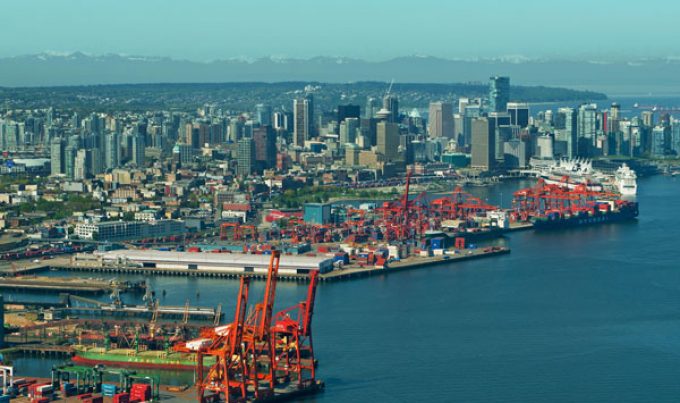Ocean Alliance splits ANP service into two to ease Vancouver delays
Chronic bottlenecks at Canada’s Vancouver Port have seen the Ocean Alliance split its Pacific North-west ...

Canadian rail operators are racing to cement a deal with labour unions before a “damaging” strike can take place, but early indications are that negotiations have started to derail.
The Teamsters Canada Rail Conference (TCRC) union entered its latest round of bargaining last week with rail ...

Comment on this article
Dwight Campbell
May 20, 2024 at 8:07 pmDP World’s port at Saint John, NB would still have rail service because it is served by Irving owned shortline NBSR. Neither CN nor CPKC has direct access to Saint John. They both rely on shortline NBSR for ALL their intermodal traffic to/from Saint John.
CPKC track ends at Brownville Junction, Maine. The entire rail line east from Brownville Junction, Maine to Saint John, NB is owned by Irving (NBSR) and it’s subsidiaries.
NBSR has recently (this past December) opened an interchange yard with CSX (US) at Mattawamkeag, Maine. CSX has recently (this spring) cleared a significant area of land beyond that new interchange yard. This is most likely being done to add more tracks due to the current level of new business happening.
The CSX tracks from Mattawamkeag to the Boston area are not dual stack intermodal capable because of significant numbers of low clearance obstructions that make dual stack impossible right now. But single stack is no problem.
So, if this strike were to happen, Saint John would be the only rail capable port in Canada. It would be the only direct route for intermodal from Canada to the US by rail. Watch what happens there if the strike happens and it lasts for any length of time.